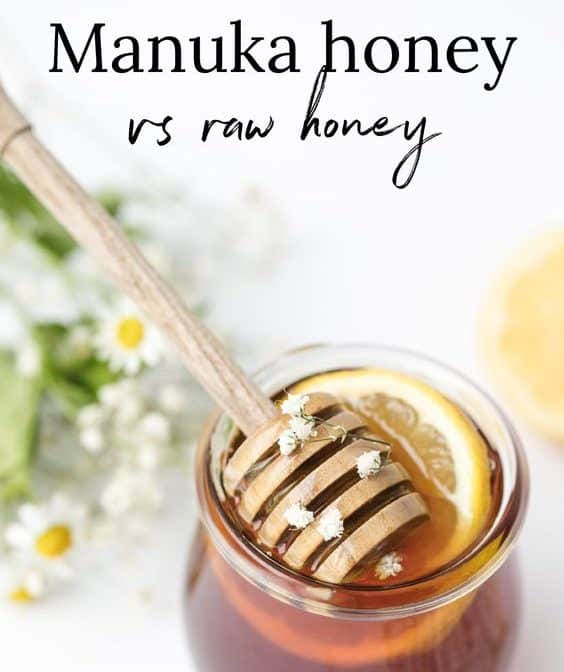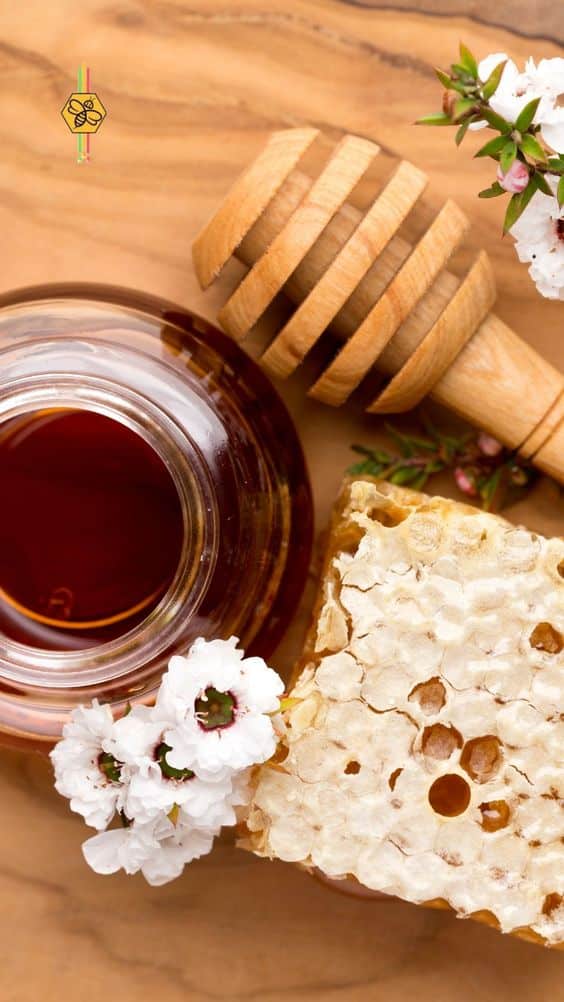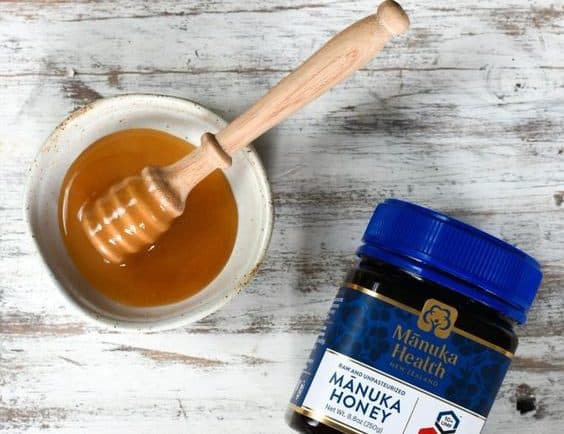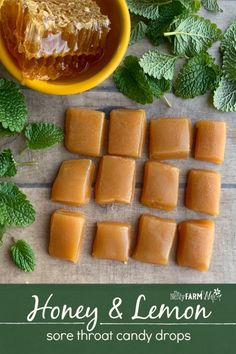Embarking on a journey toward a healthier lifestyle often involves making informed choices about the foods we consume.

Among the myriad options, honey stands out as a natural sweetener with potential health benefits. However, within the honey realm, Manuka honey has gained attention for its unique properties.
In this exploration, we delve into the differences between honey and Manuka honey, unraveling their distinct characteristics and examining the potential impact on your health.
1. **Composition and Source:**
– *Honey:* Honey, a sweet liquid produced by bees from flower nectar, boasts a diverse range of flavors and textures. Its composition includes natural sugars, trace amounts of vitamins, minerals, and antioxidants.

– *Manuka Honey:* Manuka honey, hailing from the nectar of the Manuka tree’s flowers in New Zealand, stands apart due to its unique composition. It contains a higher concentration of methylglyoxal (MGO), a compound attributed to its potential health benefits.
2. **Antimicrobial Properties:**
– *Honey:* Traditional honey has natural antimicrobial properties attributed to its low pH, osmotic effect, and the release of hydrogen peroxide during enzymatic activity.

– *Manuka Honey:* The distinguishing factor of Manuka honey lies in its potent antimicrobial properties, primarily attributed to MGO. This gives Manuka honey a potential edge in addressing bacterial infections and supporting wound healing.
3. **Grading System:**
– *Honey:* Conventional honey is often categorized by floral source, and its quality can vary based on factors like processing and purity.

– *Manuka Honey:* That undergoes a unique grading system that considers the concentration of MGO and other compounds. This grading system helps consumers gauge the potency and potential health benefits of the honey.
4. **Potential Health Benefits:**
– *Honey:* Known for its soothing properties, it is commonly used to alleviate coughs, sore throats, and as a natural sweetener. Its antioxidant content may contribute to overall health.

– *Manuka Honey:* With its heightened antimicrobial properties, it may offer additional health benefits, such as supporting digestive health, promoting skin healing, and potentially aiding in the management of certain infections.

In the sweet world of natural remedies, both honey and Manuka honey have their roles to play. While traditional honey serves as a delightful sweetener with inherent health benefits, Manuka honey takes a step further with its unique composition and potential therapeutic properties.
Whether you choose the classic sweetness or opt for the distinctive qualities of Manuka honey, incorporating these natural treasures into your lifestyle can contribute to a holistic approach to well-being. As always, it’s advisable to consult with a healthcare professional for personalized advice on incorporating these products into your health regimen.





